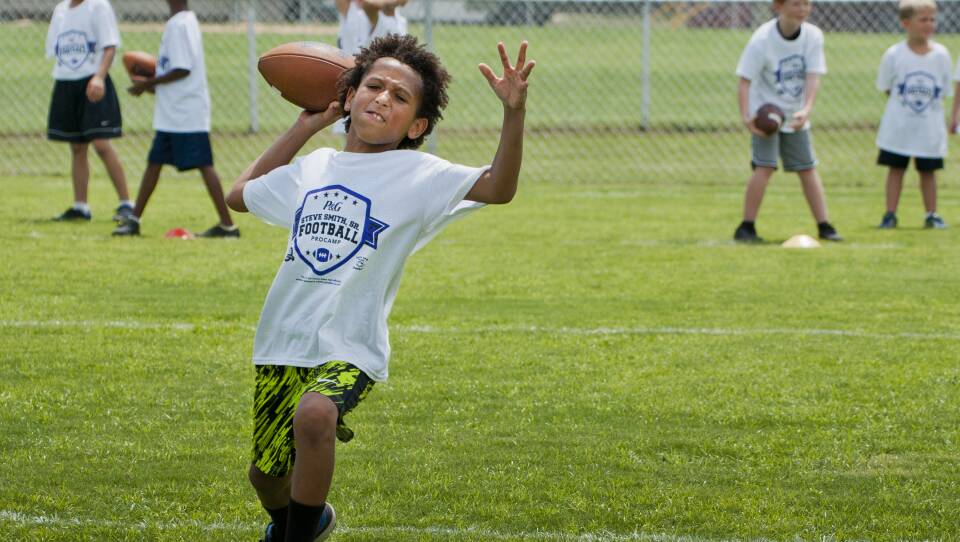The Year in Astronomy: The March for Science drew thousands of science supporters, but the science event of the year was the Great American Eclipse, with millions of viewers highlighting an unexpected enthusiasm. Missions to Jupiter and Saturn also grabbed headlines. Gravitational wave researchers scored a Nobel Prize, and then announced an even bigger accomplishment — both seeing and hearing a neutron star collision. And President Trump called for a return to deep space at the expense of earth science.
Some Find Reason for Hope in Climate Change Action in 2018: 2017 is expected to be the second hottest year on record, following three years of record-breaking high temperatures. Greenhouse gas emissions are again rising, and new research shows that, due to human disruptions, both Arctic permafrost and tropical forests are releasing more carbon than they’re storing. Nonetheless, the Trump administration is dismantling federal climate policies aimed at reducing greenhouse gas emissions. But Phil Duffy, president of the top-ranked climate change think tank Woods Hole Research Center, sees reason for hope in the actions of cities, states, and businesses.
Christine Todd Whitman Says Current EPA is Putting People at Risk: Nowhere is the gap between climate science and federal climate policy more obvious than at the Environmental Protection Agency. Administrator Scott Pruitt denies the link between carbon dioxide and climate change, and has called for military-style Red-team-Blue-team debates of climate science. The agency has restricted scientists’ ability to speak about climate change and filled science advisory boards with industry advocates. Christine Todd Whitman, EPA administrator under President George W. Bush, says it’s easy to dislike regulations, but argues the current administration’s disregard for science is dangerous.
This year’s top stories in biomedicine bring science and social values head-to-head: Multiple teams this year announced that they had used CRISPR/CAS gene editing technology to modify human embryos. Although some of the claims about efficiency and accuracy are under debate, the research community is undeniably moving ahead with controversial work that even many fellow scientists say should be subject to better rules and regulations than currently exist. The National Football League has tried to downplay the danger of concussions, but several studies this year linked repeated head trauma – and specifically football – to a degenerative brain disease known as chronic traumatic encephalopathy (CTE). With some researchers saying there is no safe level of play, the question is increasingly whether kids should be allowed to play football, or any sport with high concussion risk. Bioethicist Art Caplan of New York University says in 2018, scientists should clarify what they hope to do with genetic therapy, and what they will not do. He also says the National Football League has yet to fully reckon with the problem of CTE.





